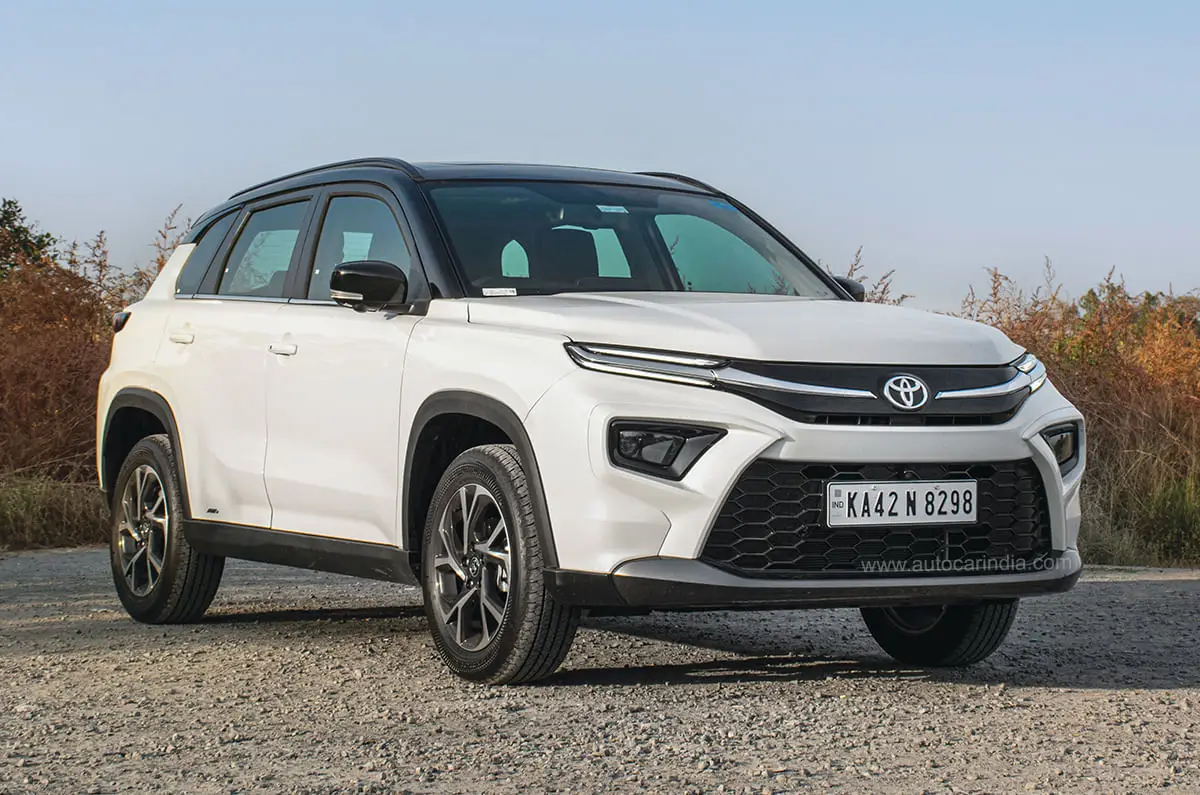The Delhi government has formulated a draft of its EV Policy 2.0 that proposes extending the benefits for all-electric cars to hybrid vehicles. Several carmakers, especially those heavily invested in developing BEV (battery electric vehicle) technology, have expressed concern about the policy change.
- Delhi govt proposes inclusion of hybrid cars in EV benefits structure
- Proposal states that registration and road tax for hybrid cars (up to Rs 20 lakh) to be waived
- EV makers like Mahindra, Tata, and Hyundai reportedly unhappy with proposed policy change
Delhi EV Policy 2.0 hybrid cars benefit proposal
According to a recent report from Mint, the Delhi government shared the EV Policy 2.0 draft with many domestic and foreign carmakers earlier this week to gauge their feedback. The policy dictates that in Delhi-NCR, road tax and registration fees on EVs and hybrid cars priced up to Rs 20 lakh (ex-showroom) will be waived. It’s worth noting that these exemptions will only apply to strong hybrid and plug-in hybrid vehicles; mild hybrid cars have been excluded.
Hybrid types explained
Strong hybrids typically feature a small lithium-ion battery working in conjunction with the engine to power the vehicle. These setups yield a small amount of electric-only range, and once it’s exhausted, the engine takes over and recharges the battery.
Plug-in hybrids have comparatively larger batteries, and can therefore travel much longer distances solely on electric power. Once the range is depleted, the battery can be recharged either by the engine (takes longer than a strong hybrid), or by plugging it into an EV charging socket. The latter option is not present on a strong hybrid.
Unlike the above two, mild hybrids cannot be driven on electrical power alone. They use a small electric motor to provide gentle electrical assistance to the engine when accelerating at lower speeds, and can also recuperate energy from braking and use it to power ancillary systems in the vehicle.
Carmakers’ response to Delhi EV Policy 2.0 draft
EV proponents are critical of the proposed policy change
Manufacturers that have allocated enormous funds and resources towards EV development, such as Tata, Mahindra, and Hyundai, have reportedly spoken up against the prospect of hybrid cars being included in the benefits umbrella. They’re also worried that should the Delhi government implement equal benefits for EVs and hybrids, other states may follow suit quickly. Uttar Pradesh was the first to waive these charges for hybrid vehicles in July 2024, which attracted criticism from various carmakers back then as well.
Due to their heightened emphasis on EVs, Tata, Hyundai, and Mahindra currently do not offer any strong hybrid or plug-in hybrid models in India. However, Hyundai does sell hybrid versions of models like the Kona, Santa Fe, Palisade, and Tucson in overseas markets.
Maruti Suzuki and Toyota lagging behind in the Indian EV race, but not for long
On the other end of the spectrum, Maruti Suzuki, Honda, and Toyota are selling strong hybrid models like the Grand Vitara, Urban Cruiser Hyryder, City e:HEV, Innova Hycross, and Invicto in India, but have yet to launch any all-electric models here. However, Maruti Suzuki is set to launch its first BEV – the eVitara – this year, and Toyota will follow suit with a fraternal twin based on the Urban Cruiser EV concept.
It should be noted that the EV Policy 2.0 draft is not final. The Delhi government will take a call on hybrid car benefits after assessing the responses from carmakers.
Also see:
Gujarat government reduces EV road tax to 1 percent till March 2026











